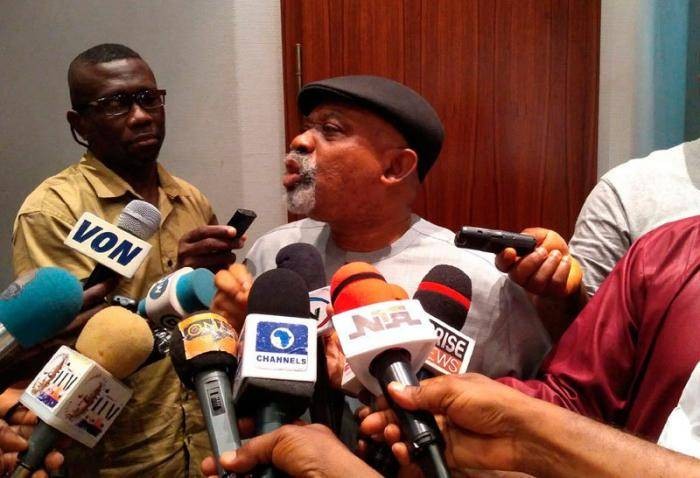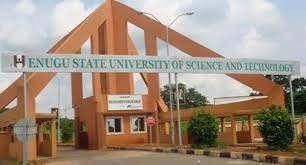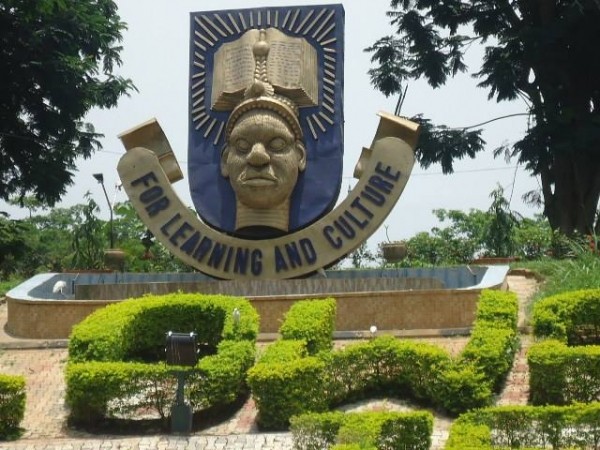
AS President Goodluck Jonathan inaugurates the
members of the Advisory Committee on National
Conference, today, the Nigeria Labour Congress
(NLC) has expressed doubt on the sincerity of its
purpose and capacity to actualize the yearnings of
Nigerians by redressing the nation’s social, political
and economic woes through a National Conference.
Labour officials, who lamented the various socio-
economic ills facing the country, stated, “The
challenge among others lies in the sincerity of
purpose and the capacity of this administration to
hold a meaningful dialogue on a national scale”.
They also pointed out in a statement issued Sunday
by the NLC Vice President, Comrade Issa Aremu, that
the “current twin crises of three-month long strike
by the country’s university teachers and Peoples’
Democratic Party’s internal war of attrition sadly,
under the watch of President Jonathan puts serious
doubt on the capacity of the administration to
successfully midwife a national conference”.
Citing these two major acid tests for the proposed
national dialogue, he said, “certainly two national
issues that have added to the existing national
security challenge in the recent times are the
ongoing ASUU strike and internal crisis within the
President’s ruling People’s Democratic Party.
Aremu then advised: “President Jonathan must
come with clean hands on simple conflict resolutions
before he can be further entrusted with national
conversation of such importance.
“So far, the President’s record with conflict
resolutions through dialogue, either with ASUU, his
ruling party or Nigeria Governors’ Forum is not
inspiring. As long as the micro-crises persist and
even getting messy (as non-academic workers also
join ASUU on strikes) this administration suffers feet
of clay to deliver a bigger macro-national dialogue of
any kind unless we are unwittingly going to fund
national diatribe of unimaginable consequences for
165 million people”.
However, the labour leader noted that “one possible
best way the President can demonstrate he is a
sincere advocate of a national dialogue is through a
sincere and open dialogue with ASUU; immediate
implementation of the agreement reached with
ASUU, reopening of the Nigerian universities and
getting students back to school.
“A national conference against a background of
unresolved avoidable sector crisis like the university
lecturers strike is nothing but a conference of
diversion, a cheap flight from good governance and
above all a waste of scarce resources needed among
others to resolve the education sector crisis.”
However, apparently in support of proposed National
Conference in the country, the Trade Union Congress
(TUC) yesterday set an agenda, with emphasis on
national unity.
And to make it acceptable to the trade congress, the
confab “must be convened and conducted in the
spirit of oneness of the nation and with intent of
moving the nation forward.”
President of the Congress, Bobboi Kaigama, in a
statement yesterday said TUC was not averse to the
proposed National Conference proposed by President
Goodluck Ebele Jonathan, in view of the myriad of
challenges the country is battling.
He noted that the essence of any government was to
meet the aspirations of the people and, since an
evident majority of Nigerians were clamouring for
the Conference to hold, “so be it,” but “the outcome
must represent the best wishes of the average
Nigerian.”
The Congress, according to Kaigama, commends the
calibre of most of the people chosen to be members
of the Conference Advisory Committee.
He, however, advised committee members and the
would-be delegates not to denigrate or digress from
the key issues and to relate harmoniously with one
another.
In his words: “As Nigerians, they must work together
to achieve the common goal and collective
development”.
Continuing, Kaigama said: “The Congress anticipates
that issues to be discussed at the Conference
include the basis of our unity and existence as a
nation, the system of government and the power-
sharing formula, our geopolitical and fiscal
federalism, citizenship, the electoral and
representative system, the cost of governance,
security, corruption, boundary adjustment and
foreign policy, freedom of faith and other
fundamental human rights.
“Similarly, we charge the delegates to
conscientiously consider and take unequivocal
resolutions on our economy and the poverty index,
our roads and other means of transport, as well as
electric power, education and health sectors and so
on. Indeed, the scope of their discourse on the way
forward for Nigeria and Nigerians should include no-
go areas.”



